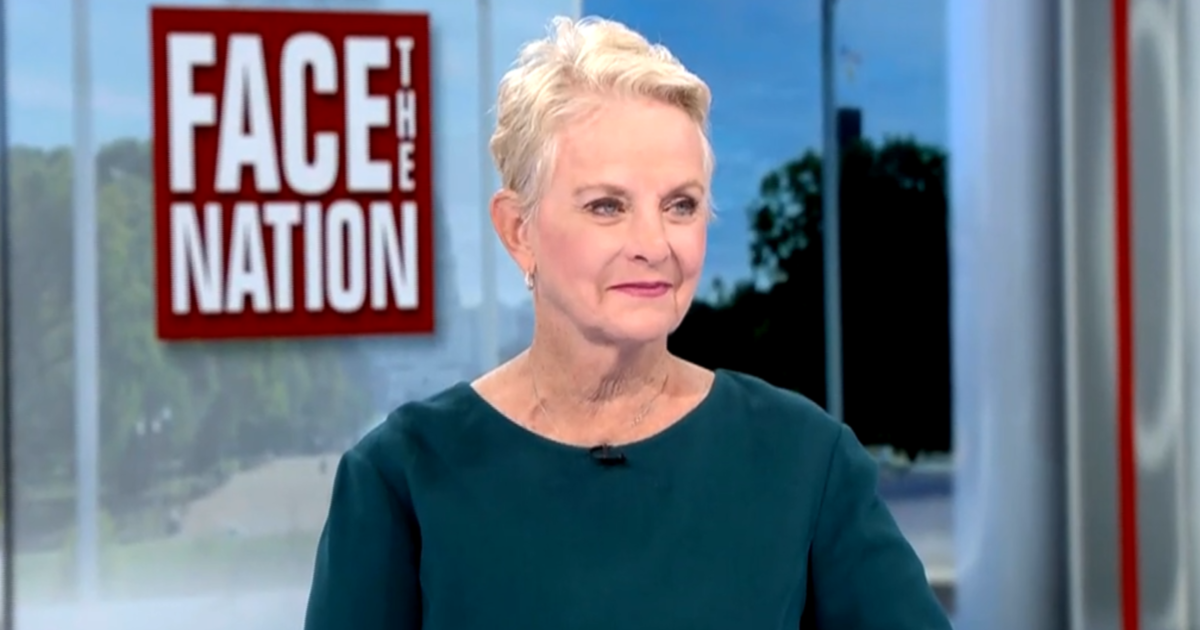Cindy McCain, the executive director of the World Food Programme, has raised concerns about the dire situation in Gaza, particularly in the south, where famine is looming amid the ongoing conflict between Israel and Hamas. McCain emphasized the urgent need to halt the violence so that aid organizations can provide much-needed assistance to the vulnerable population in Gaza.
Speaking on “Face the Nation,” McCain highlighted the precarious situation in the south of Gaza, stating that the region is “right on the edge” of famine. She warned that if the conflict continues unchecked, the same devastating conditions that led to famine in the north could soon engulf the south as well. McCain’s assessment of the situation in Gaza echoed her earlier comments in May when she declared that northern Gaza was already in the grip of a “full-blown famine” after months of conflict between Israel and Hamas.
The World Food Programme, along with other aid organizations, is ready to scale up its efforts to address the growing humanitarian crisis in Gaza. McCain stressed the importance of ending the violence to allow aid workers to access affected areas and deliver essential supplies to those in need. However, the escalating conflict and Israeli military operations have made it increasingly difficult to provide assistance to the vulnerable population in Gaza.
Israeli Prime Minister Benjamin Netanyahu dismissed McCain’s warnings of famine in Gaza, claiming that she was misinformed. Israel has repeatedly denied the existence of famine in Gaza and rejected accusations that it has weaponized hunger as part of its strategy against Hamas. Despite Israel’s denials, reports from humanitarian organizations on the ground paint a stark picture of widespread hunger and suffering among the civilian population in Gaza.
President Biden, in an interview with Time magazine, acknowledged the allegations of Israeli war crimes in Gaza but stated that the situation was uncertain and being investigated by Israeli authorities. While Biden denied the claim that Israel was deliberately starving people, he admitted that some of Israel’s actions in Gaza may have been inappropriate. The international community has called for a thorough investigation into the alleged war crimes and violations of international humanitarian law committed during the conflict in Gaza.
The recent Israeli raid in Nuseirat camp in central Gaza, which resulted in the rescue of four Israeli hostages, marked a significant escalation in the conflict between Israel and Hamas. The operation, the largest rescue mission since the outbreak of hostilities, led to a high number of casualties among Palestinians, with conflicting reports on the exact death toll. The rescue operation further exacerbated tensions in the region and raised concerns about the humanitarian situation in Gaza.
As the violence continues to escalate, the World Food Programme has faced challenges in delivering aid to the affected population in Gaza. The organization was forced to suspend its operations after two of its warehouses were targeted in Israeli airstrikes, resulting in injuries to aid workers. McCain expressed concerns about the safety of humanitarian personnel and the ability to continue providing assistance in the midst of the conflict.
The situation in Gaza remains dire, with thousands of civilians facing food insecurity, lack of access to essential services, and widespread destruction caused by the ongoing conflict. The international community must step up its efforts to support humanitarian organizations and provide assistance to those affected by the crisis in Gaza. A lasting ceasefire and a political resolution to the conflict are essential to prevent further suffering and ensure the well-being of the civilian population in Gaza.









